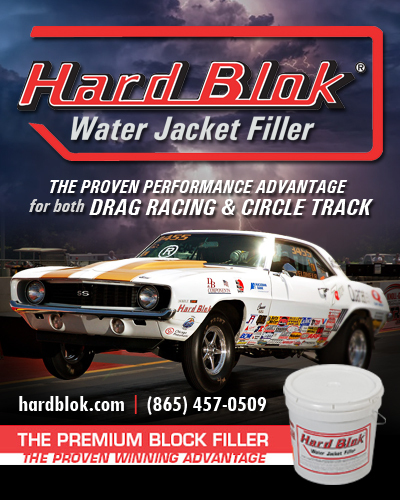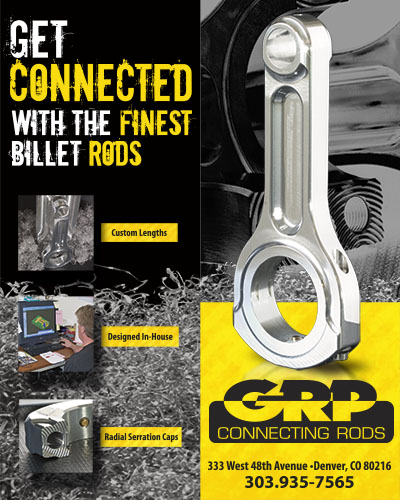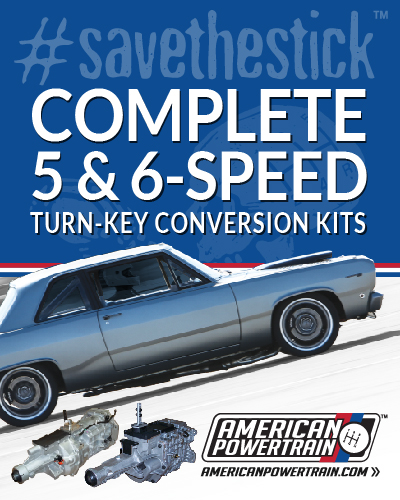NHRA REASSERTS COMMITMENT TO PRO MODIFIED

 Stevie "Fast" Jackson understands the optics of the situation don't yield much in the way of positivity.
Stevie "Fast" Jackson understands the optics of the situation don't yield much in the way of positivity.
For the first time since 2002, the NHRA Pro Modified enters the new season without a series sponsor. Additionally, a last-minute signing of FTI Performance provided a purse for the class at the NHRA Gatornationals.
However, the racers have always been responsible for funding their purse, whether through a sponsor or their own marketing branch, such as the former Real Pro Modified Association, which disbanded at the end of 2019.
Regardless of how one paints the picture, Jackson believes having a purse is essential.
"I race for the purse; I don't care if we're racing for a dollar," Jackson said. "I want that dollar. That's my dollar. Anybody that tries to get my dollar is stealing my dollar from me. That's the way I've always looked at it. Yes. Purse is important."
Jackson says it may be more about ego for a purse, but the straight-line sport wouldn't exist without ego.
"You've got to have the ego to have the financial part," Jackson explained. "When we try to take the ego out of drag racing, you might as well close up shop. We need guys out here who want to crush each other just because they don't like each other. I want to win. I have grudge raced for $150,000, $140,000 on a Tuesday night when they didn't even open the gates. So I mean, it's definitely about the ego, and we've got to get some more ego back over here."
At the recently completed Gatornationals, the purse was reduced from the traditional $10,000 winner's share to $7,500, thus indicating the Pro Modified division is operating in survival mode. The lingering question is, what will happen when the tour rolls into Charlotte if there is no sponsor for the event?
Jackson believes the parity issues of the last two seasons might have finally caught up with the class and could be primarily to blame for only 16-cars making the trip to Gainesville. Gainesville has traditionally been one of the most popular destinations for the fast doorslammer racers in years past.

"I'm hoping that now that parity is a little better, we're going to gain some more cars, especially running as much as we are on the East Coast this year. But still, at the end of the day, it's hard to show up and spend $1,500 and race for $0. So we need to actively be seeking a sponsor, and then we need to be; I think what's on the forefront of everybody's mind right now is, is gaining some cars, some participants."
NHRA Vice President of Competition Ned Walliser told CompetitionPlus.com, the sanctioning body is committed to ensuring Pro Modified's long-term survival on the tour. However, one cannot ignore the challenges drag racing as a whole face at this time.
"We look at Pro Mod as a category we want for a long time to come," Walliser said. "It's got a huge future with us. Pro Mod, Factory Stock Showdown, and the new category coming out, Factory X - all of those types of door car categories have a huge future here.
"I think the last two years, starting right here at Gainesville, 2019, 2020, and 2021 were tough seasons. We're still seeing the effects of COVID here and there. We're now seeing a world crisis. We're now seeing fuel prices of $5.50 gallons of gas, which will soon be $7 - $8. Those are most of our fears on how do we continue to have car counts the way we need them for the events. And we feel for the racers on that. We definitely do.
"We're in the process of finding a sponsor for this category. We need to have one, but those are tough to come by in today's world. And we hope to gain that soon, and we hope to grow the category back to some car count that it once was."
Walliser, just like Jackson, believes parity has affected Pro Modified.

But, in today's economic climate, Walliser said, Pro Modified has to be self-sustaining, either through sponsorship or other means.
And while those participating do pay an entry fee ($1500 per race), those costs go into the operations associated with running the class. Many racers have questioned the breakdown of those fees.
"It has to be self-sustainable," Walliser explained. "The entertainment value is one thing. We need a sponsor, but more importantly, we need a sponsor that's committed to the category and that the category can service that sponsor and give the sponsor what they need out of the exposure Pro Mod's going to give them. That's exactly what we're looking for. We have a great product, and we feel we can marry that up with the right people and provide them with what they need. We just need to find that company."
Pro Modified in NHRA suffered a major blow with the disbanding of the Real Pro Modified group, an advocacy group that administered important processes as procuring sponsorships to maintaining car counts. A source close to the situation alluded to CompetitionPlus.com a similar group may be in the formative stages.
Jackson and his fellow Pro Modified racers have seen what happens to a series that cannot sustain itself, the Top Fuel Harley division has a clouded future with NHRA. The nitro bikes lost their major sponsor and have struggled to maintain entries due to the lack of purse.

Jackson also refuses to play the blame game, pointing out the myriad of reasons easy to recognize.
"It's tough economic times, and it's easy to point fingers at one thing," Jackson admitted. "I don't think it's any one thing. I think it's a combination of the fact that it costs us $2,000 to fill up our semi-trucks now all the way down to you can't get parts. Nobody made parts for 18 months.
"Now we have a part shortage. It's very expensive to run these cars, and now it doesn't pay anything to win. So I think you can point fingers easily, but I think we all need to step up and do what we can to help our class.
"Everybody wants to just blame NHRA, and it's easy to pull the blame game, but at the end of the day, I think it's much more complicated than it being anybody's single fault. There are a lot of places to race now. I mean, it used to be there weren't a lot of places to race. You can go any weekend and race for $10,000 with a Pro Modified car, and the type of resources it takes to come run for $7,500 is disheartening.
"We're dealing with a lot of competition as far as places to race and a lot of costs to do it. I'm optimistic about the future of this class here. I'm looking forward to seeing 20 and 30 cars again in Pro Modified."
This season marks the 22 consecutive seasons the Pro Modified division has run at NHRA events, dating back to the 2001 NHRA Gatornationals when it ran a five-race exhibition series.





































